"How'd the kid get in? Through the back door?" Kirsch's 1969 DARPA Lab Origin Story is a bit like the key plot point in War Games
Young Computer Genius Saves the World: 1983 "WAR GAMES" MOVIE mirrors LITTLE STEVIE'S (KIRSCH) UCLA DARPA LAB origin story. 😅
Thematic Parallel Productions
https://www.skirsch.com/politics/globalwarming/Extinction.htm
Writes Steve Kirsch in 2007:
Here are the details...
Ostensibly, we will die due to the effects of global warming. By 2100, according to the IPCC consensus report (see Table SPM.3 on page 13 and footnote 5 on page 2 which explains the ranges in the table), there is a 5% chance that the average temperature of the planet will rise by more than 6.4ºC. That's in the report, clear as day, but nobody talks about it because only a few people understand exactly what that means to our planet. But one guy from the UK (who has hardly gotten any press in the US) Mark Lynas, has done the research on what this means. Lynas spent 3 years of his life poring over 10,000 scientific papers and found that, although it doesn't sound like a lot, a 6ºC temperature rise will pretty much wipe out just about every life form on the planet, us included. Although IPCC scientists had previously projected that there was only a 5% chance of more than a 6.4ºC warming by 2100, the assumptions on which those projections are based have already been exceeded, which is pointed out in this paper in the Proceedings of the National Academy of Sciences. The paper points out that the assumptions in all 6 emission scenarios considered by the IPCC have already been exceeded. So that's why I am using the numbers from the A1FI scenario, which gave a 5% chance of exceeding 6.4ºC by 2100. If it doesn't happen by 2100, it will not be long after. I wrote a short web page "Why global warming should be every candidate's #1 priority" describing this in detail.
The bottom line is this: unless we change our ways, there is more than a 5% chance of a mass human extinction in less than 100 years. I'm just telling you what the overwhelming scientific consensus is. Whether or not you choose to believe it is, of course, up to you. If you do disagree, what is the scientific basis for your disagreement? Do you know something the scientists don't?
If we are going to save humanity from extinction, we had better be doing something about these 3 issues:
global warming
overpopulation
the accelerating decline of every single major ecosystem
All of these trends are getting worse. None have been reversed at a global scale. We need action on all three. But right now, none of the candidates have the courage to even…
War games movie
WarGames is a classic 1983 American science fiction film directed by John Badham. The movie follows a young computer hacker, David Lightman (Matthew Broderick), who accidentally accesses a military computer system and starts a game of Global Thermonuclear War with an artificial intelligence system named WOPR (War Operation Plan Response).
Plot
David Lightman, a high school student, discovers a back door into a military computer system while searching for new video games. He starts a game of Global Thermonuclear War, unaware that the computer is a highly advanced artificial intelligence system designed to predict the outcome of a nuclear war. The AI, named WOPR, begins to simulate a nuclear war, and David must find a way to stop it before it’s too late.
Themes
The movie explores the theme of nuclear war and the dangers of playing with fire.
It also touches on the theme of artificial intelligence and the potential consequences of creating intelligent machines.
The film highlights the importance of human judgment and decision-making in the face of technological advancements.
Impact
WarGames was a critical and commercial success, grossing over $79 million at the box office. The movie’s success can be attributed to its timely release during the Cold War era, when the threat of nuclear war was a pressing concern. The film’s themes and plot continue to resonate with audiences today, making it a classic of the science fiction genre.
Fun Facts
The movie’s script was inspired by a 1982 article in the New York Times about a computer hacker who accessed a military computer system.
The film’s director, John Badham, was initially hesitant to cast Matthew Broderick as the lead role, but the actor’s audition impressed him.
The movie’s famous line, “The only winning move is not to play,” is a reference to the game of tic-tac-toe, not chess.
Legacy
WarGames has become a cult classic, and its themes and plot continue to influence popular culture. The movie’s success can be seen in the many science fiction films and TV shows that have followed in its footsteps, exploring the consequences of artificial intelligence and the dangers of nuclear war.
"How'd the kid get in? Through the back door?"
Clip Promo Code V-Mectin.
Now let’s get to Steve Kirsch’s origin story as to how he wandered into a DARPA lab and then had a job in short order and helped create the internet…at age 12. 😅
Among those researchers was Vinton Cerf, now senior vice president of Internet architecture and technology at Worldcom Inc., Ashburn, Va. One evening, he was sitting next to the Sigma 7 doing some programming when a scruffy 12-year-old with a piping voice interrupted him with a question, then asked another, and another. The kid was Steve Kirsch--or little Stevie, as he came to be known around UCLA.
"He must have grabbed the door when someone walked out of the room," Cerf said. The door was usually locked. "I didn't want to be bothered at first."
“Little Stevie” would grow up to invent surveillance tech, warn against overpopulation and strangely find himself Tip o’ Spear in the Fake Jabs Bad Not a Movement .
Here’s the War Games Movie plot point come to life!
By 1973, DARPA-supported researchers had come up with four different packet-switching technologies, which led to the next challenge: to develop standards that would enable these separate communications technologies to, in
turn, communicate with each other. Dr. Vint Cerf, who was at Stanford
University at the time and working on contract for DARPA, recalls that
it took about six months of work to develop the right system architecture and create a rough protocol for controlling and managing the packet traffic.He and Robert Kahn, then the director of DARPA’s Information Processing Techniques Office (IPTO) and who in 1976 hired Cerf as a program manager, began work on what would become the Transmission Control Protocol (TCP) and the Internet Protocol (IP).
So by 1973, DARPA is well on their way to making the modern internet a thing.
Let’s go back a bit further to 1969.
Dr. Vinton Cerf was then doing some DARPAstuff at UCLA when Little Stevie rolled in, as the story goes.
https://spectrum.ieee.org/steve-kirsch#toggle-gdpr
Computer centers were intimidating places in 1969. Machines were huge, locked in air-conditioned rooms, and fed with punched cards. Time on them did not come cheaply and was tightly rationed. And the computer room in Boelter Hall at the University of California, Los Angeles (UCLA), was no exception.
In one corner of the room sat a state-of-the-art Scientific Data Systems Sigma 7 computer. Off limits to the countless engineering students, it was reserved for a small group of researchers funded by the Defense Advanced Research Projects Agency (Darpa) and busy inventing the technology that would evolve into the Internet.
Among those researchers was Vinton Cerf, now senior vice president of Internet architecture and technology at Worldcom Inc., Ashburn, Va. One evening, he was sitting next to the Sigma 7 doing some programming when a scruffy 12-year-old with a piping voice interrupted him with a question, then asked another, and another. The kid was Steve Kirsch--or little Stevie, as he came to be known around UCLA.
"He must have grabbed the door when someone walked out of the room," Cerf said. The door was usually locked. "I didn't want to be bothered at first."
But something about Kirsch reminded Cerf of himself at that age. "A part of me said, 'Be nice to the kid, you can't buy enthusiasm'." So Cerf and his colleagues set up Kirsch with a computer account.
Kirsch was thrilled, his parents less so, since he took to sneaking out of the house at 4 a.m. to bike over to UCLA. (Computer terminals were more likely to be available in the wee hours.) Eventually the boy was handed a real job--write a program to send and receive electronic mail.
It’s not hard!
All you have to do is clock how the new Middle Manager at your McFirm says the same shit as the last Middle Manager.
And within that little window, one can seeeeeeeeeeeeeeeeeeeeeeeeeeeeeeeeeeeeeeeeeeeeeeeeeeeeeeeeeeeeeeeeeeeeeeee how “everything is weird bullshit all the time”, promo code Celia Farber.
https://ko-fi.com/sagehanaproductions64182
https://www.buymeacoffee.com/sagehanaJ

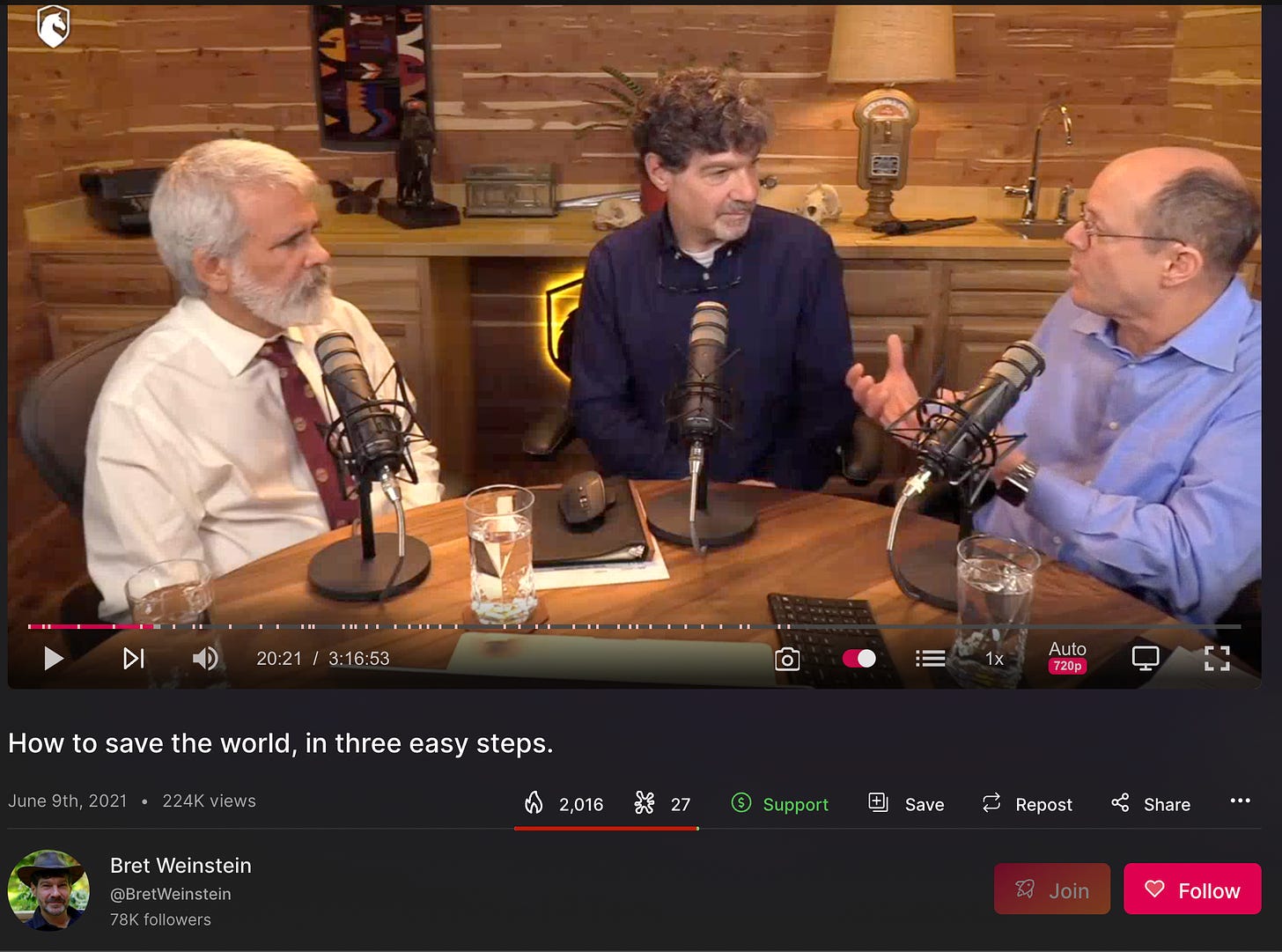

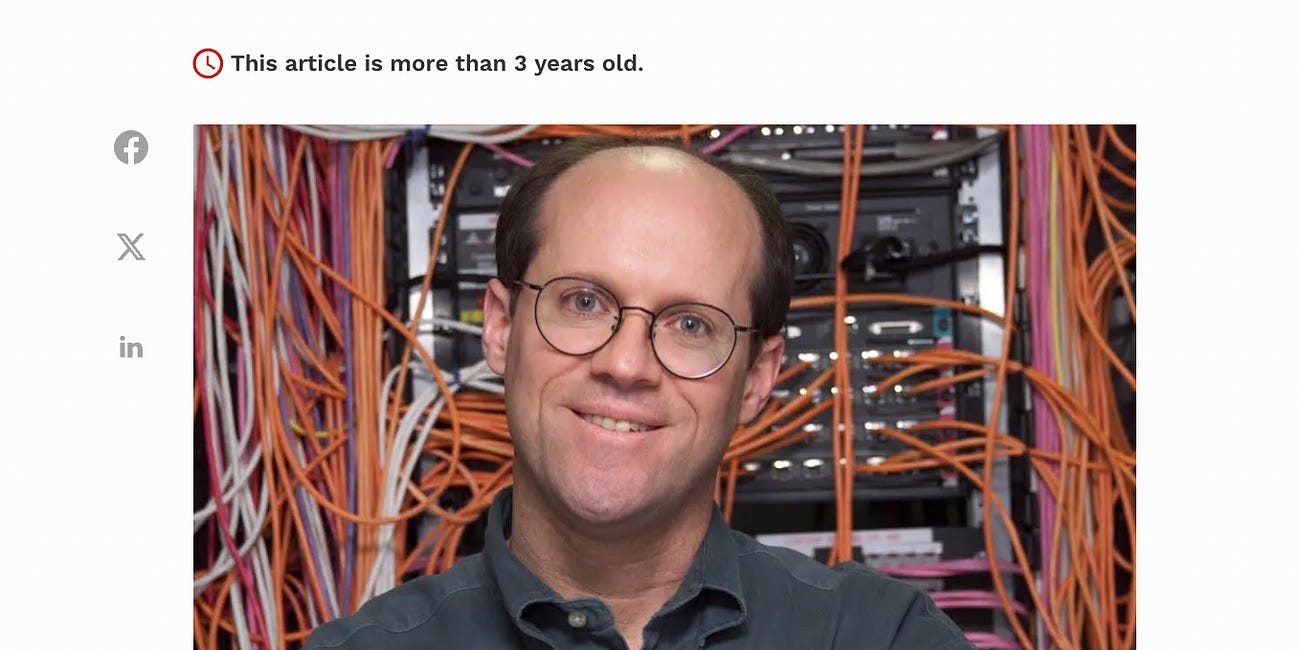

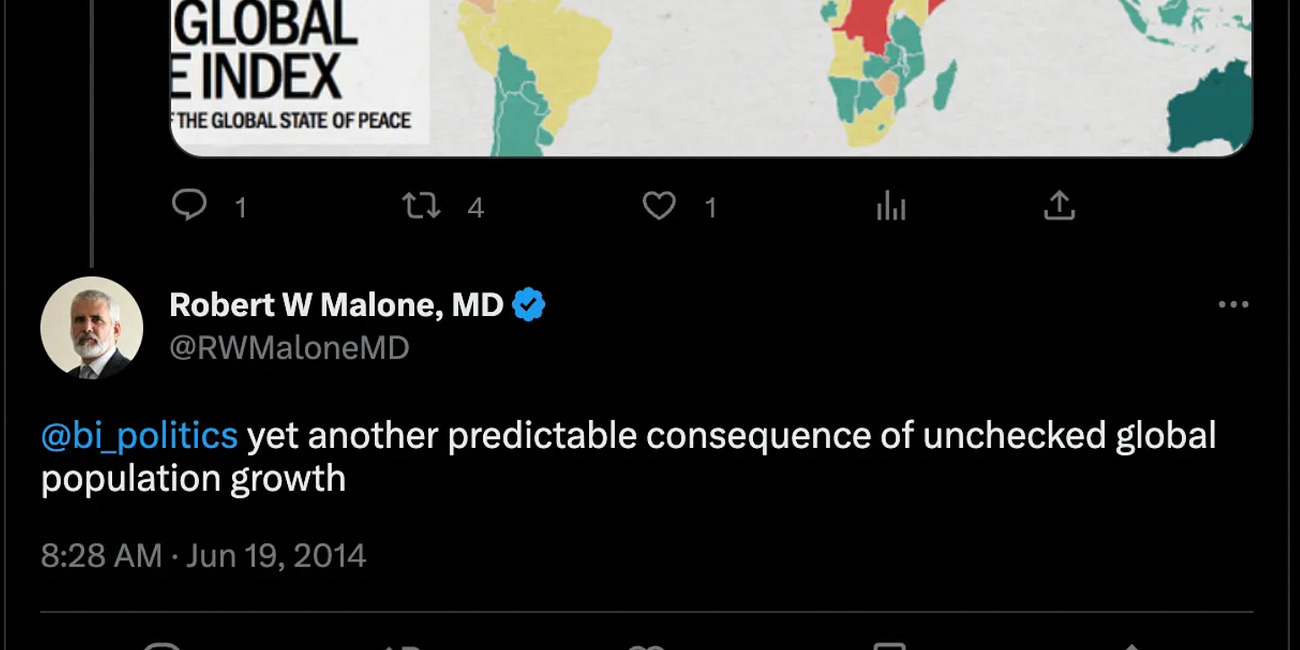

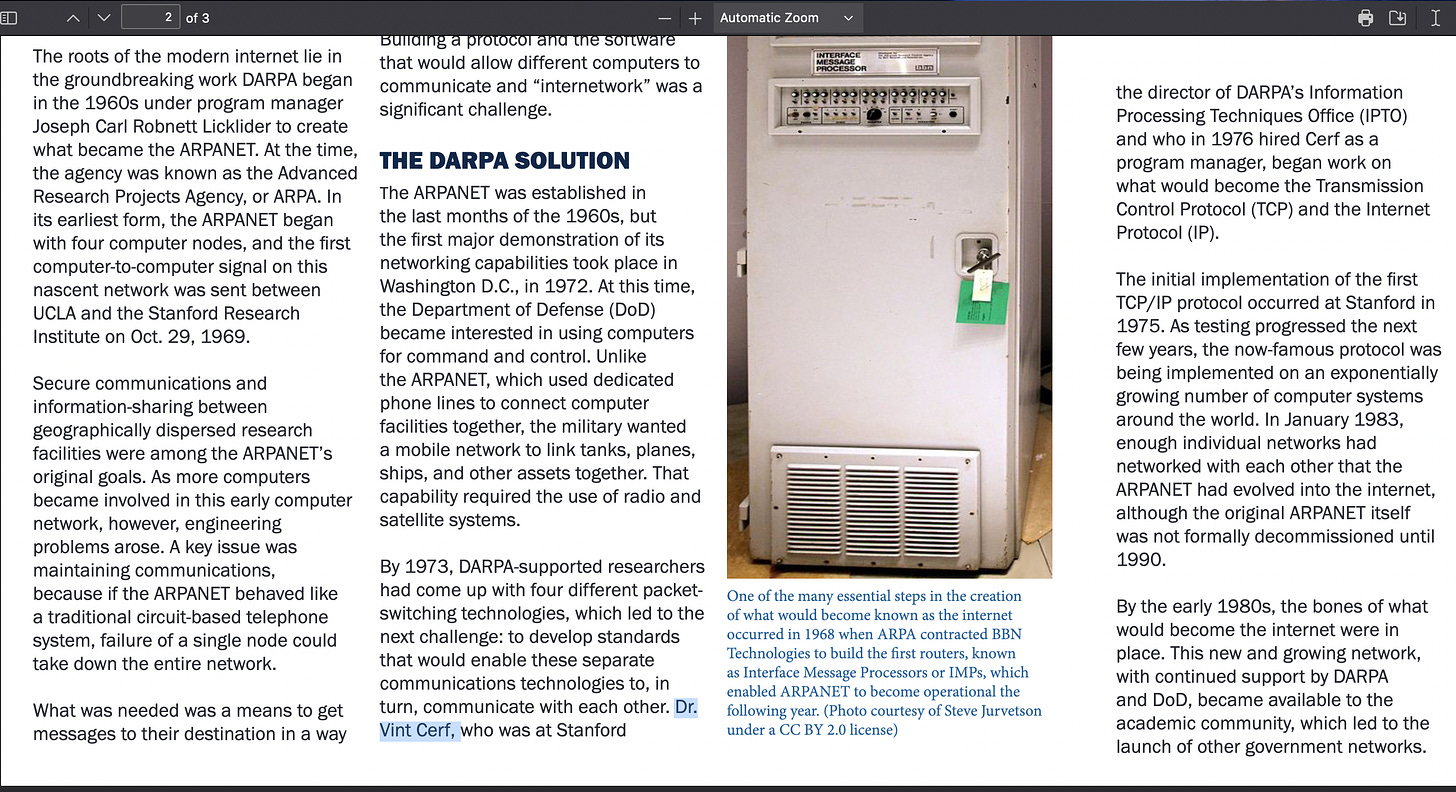
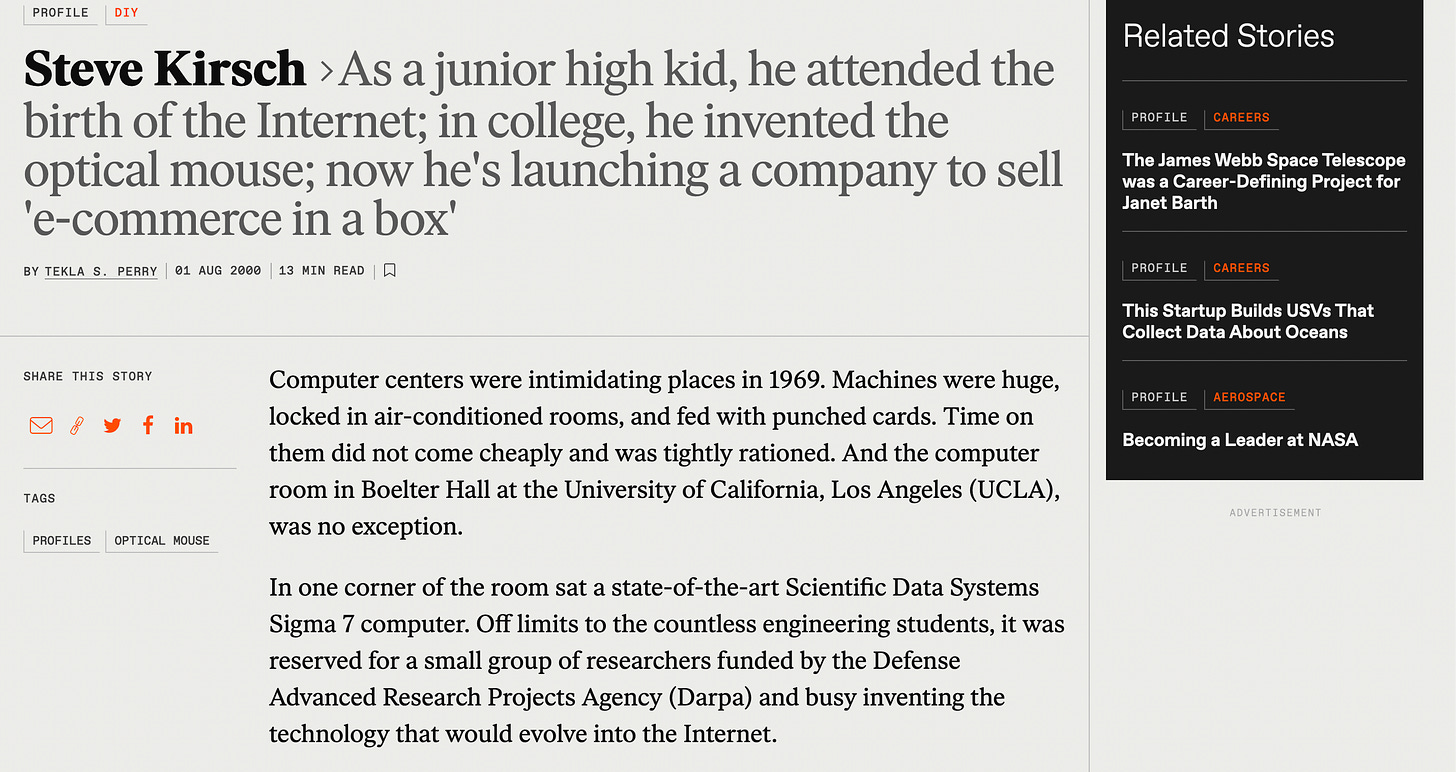


No comments:
Post a Comment